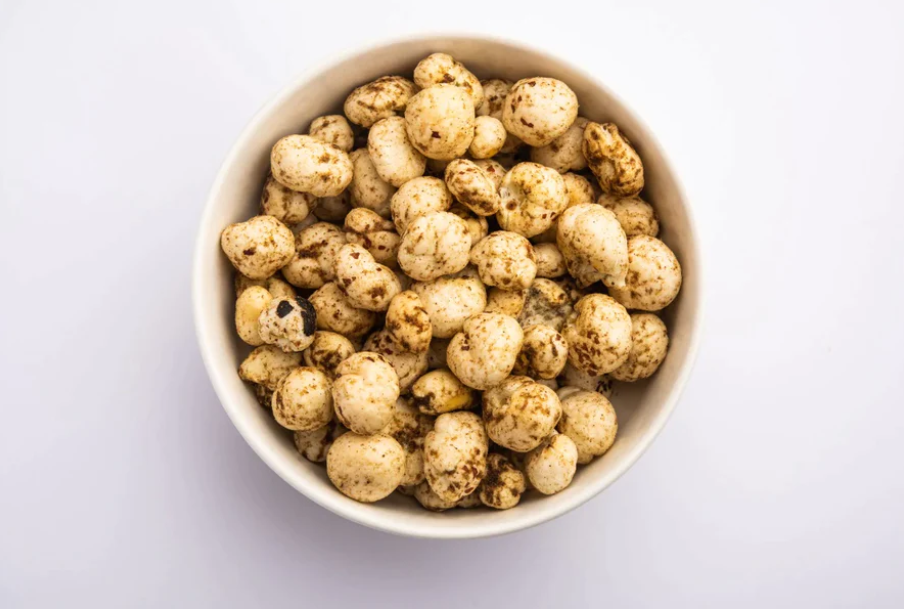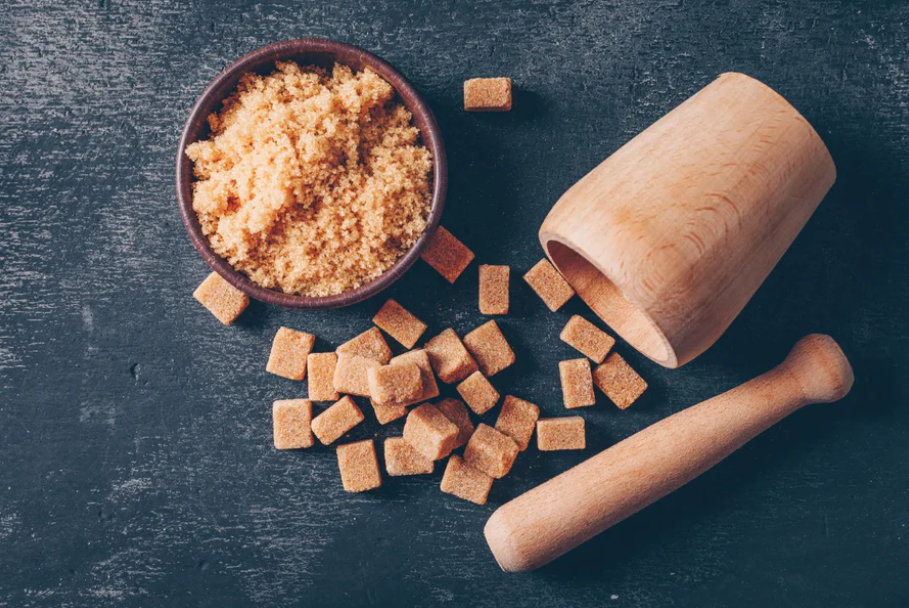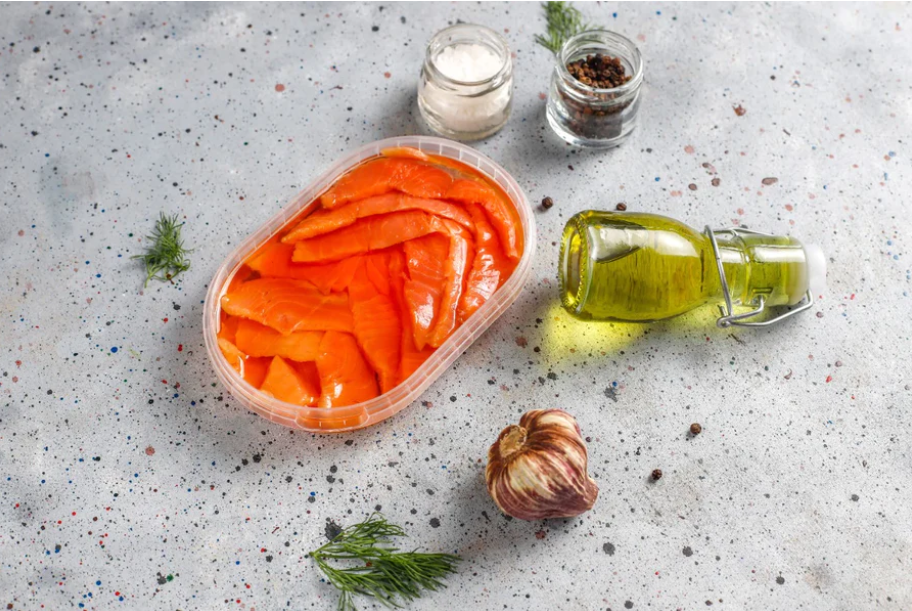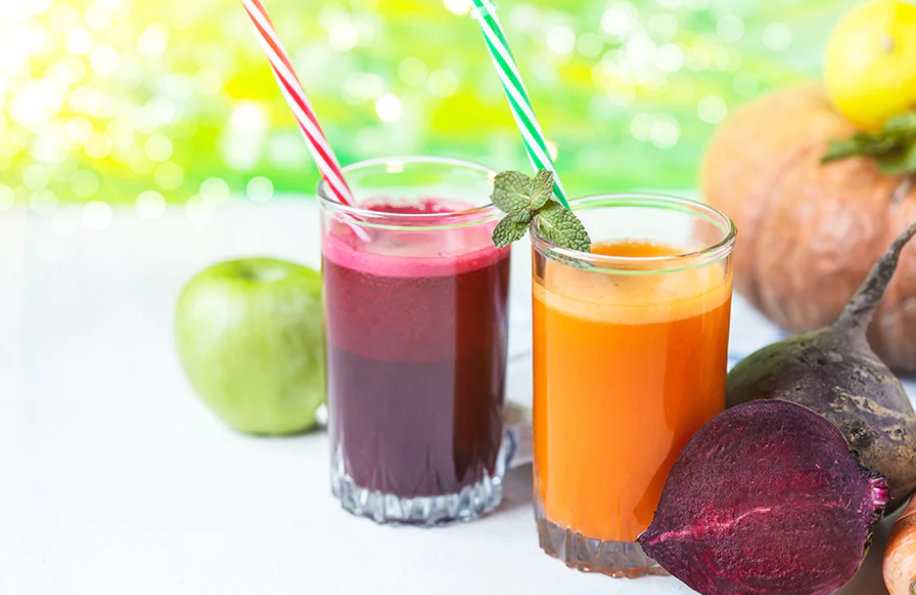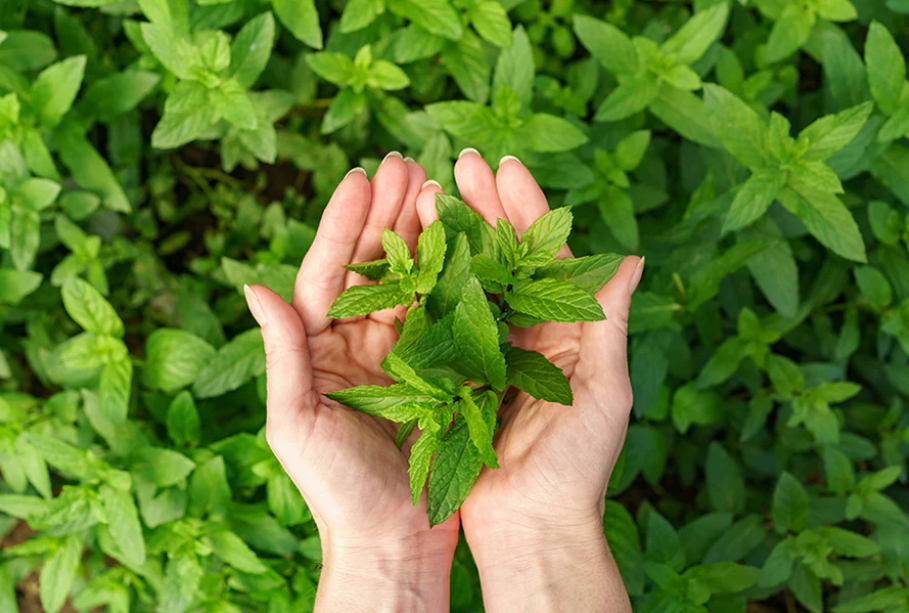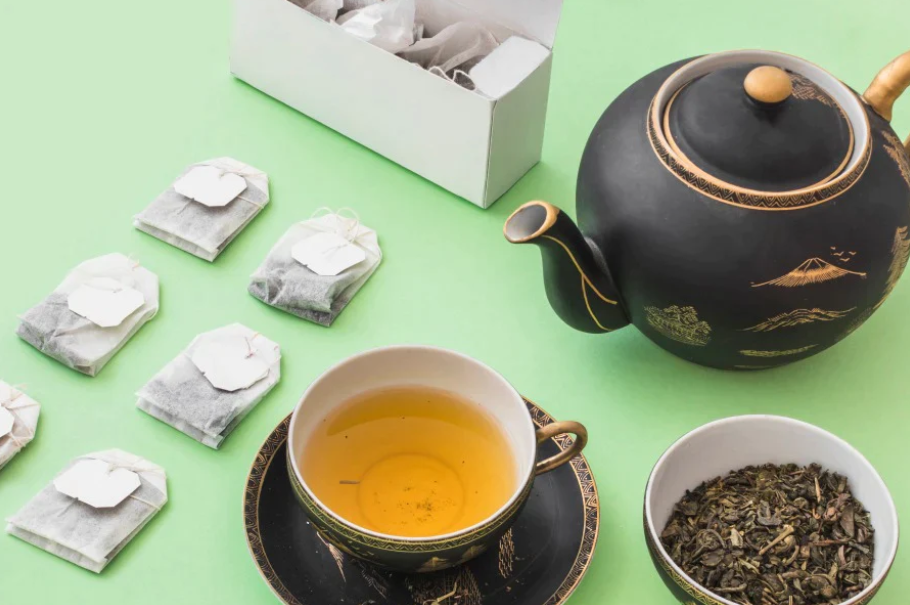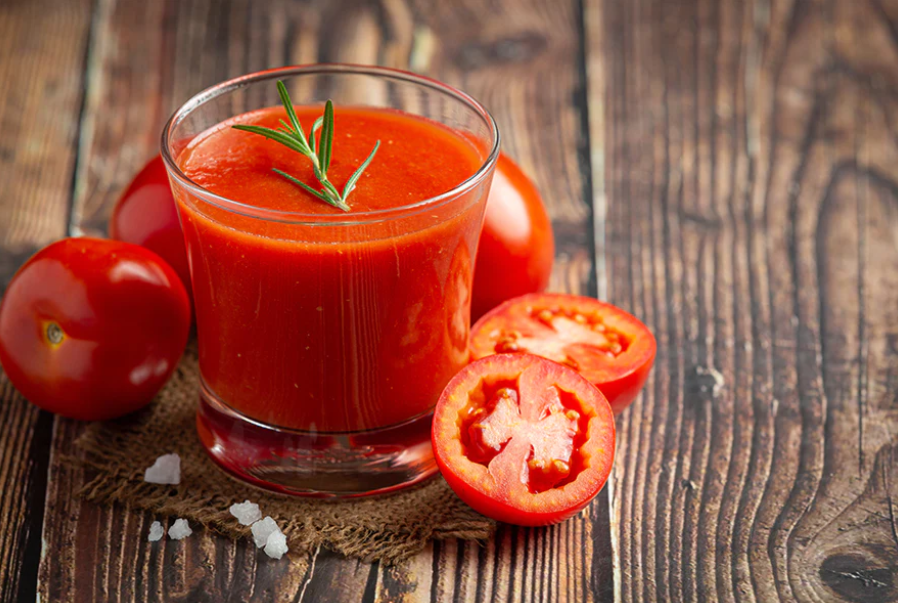Juices are a fast and convenient way of getting more nutrients into your diet, and can help you lose weight.
Some juices are high in sugar and low fiber, which can increase your calorie intake and cause weight gain.
This is especially true for certain store-bought juices that are loaded with artificial flavours and preservatives.
There are many delicious and healthy juices you can make at home with just a few ingredients.
You can also use a blender to make the smoothies. This method preserves more fibre and can help you feel fuller and manage your hunger.
What’s juicing?
Juicing simply refers to the process of extracting liquid from fruits and vegetables and then separating the fibre from it. The juice contains most of the nutrients that are needed for making juice.
It is not healthy to believe that drinking five days of juice will do more for detox than the evolved mechanisms that have been in place for thousands of years.
However, juicing can help with weight reduction if the body burns more calories that the juice it consumes.
Juice is good for weight loss
In short, it’s no. However, it won’t be ineffective–at least not initially.
Juice cleanses are restrictive and you will likely consume less calories than your body requires. You can lose weight quickly by eating fewer calories than what you burn.
Juicing can also reduce your body’s intake of carbohydrate and fat, as well as protein and carbohydrates. This causes your muscles to lose the sugar they normally store. This can cause a drop in your scale because sugars bind to water.
It’s not water loss that makes clothes fit better, but fat loss. Once you get back on track eating food, your body can regain all the water and every gram that it has lost.
Juicing is an unsustainable way to manage weight. You must limit your intake of calories and restrict the nutrition you get from fruits and vegetables.
You might be thinking that you could have an orange juice, and would rather drink it than eating food. You may feel deprived, hungry, hungrier, or even binge eating.
Juicing juice for weight loss is a poor idea. It lacks the fiber that helps you feel full, and it makes it easier to eat more and lose weight.
Is juicing healthy?
This is clear: Juicing doesn’t get more healthy than fruits or vegetables. You might even think that liquid versions of these foods would be beneficial. Juicing can be used as a short-term meal replacement. However, it can also disrupt patterns of eating habits, social, emotional and habitual. Pure vegetable juice is not sufficient to provide enough protein, fibre, essential oils, or vitamins B vitamins.
Additionally, juicing does not increase the absorption fat-soluble vitamins such as vitamins D and E. You can save the fibre from juiced fruits and use it in your meals like muffins, meatloaf, and pancakes to get the full benefits of whole fruits and vegetables.
Side effects from juicing to lose weight
Juicing will not instantly make you feel like you are flying. An increase in juicing may cause constipation and gas. It gets worse. You might feel dizzy, fatigued and light-headed as side effects of severe calorie reduction.
Juicing might not be enough to provide enough calories for you to be physically active, train and perform well in sports.
Juicing can be dangerous for some people. This is why it’s important to talk with your doctor about any diet changes or attempts to change.
The best juices to lose weight
Experts don’t recommend drinking a single juice to achieve your weight goals. There is a way to reduce the calories in your juice: Eat more vegetables than fruits.
The most effective juice will have the least calories. Vegetable juices are lower in calories than fruit juices because they contain less sugar.
Because fibre is important in keeping you fuller for longer periods of time, choose a juicer that does not remove it from the juice.
Takeaway
You can support long-term weight loss with many delicious and healthy juices.
Ideal juices for weight loss contain low levels of sugar, high fibre, and are rich in essential nutrients such as vitamins and minerals. They also have lots of antioxidants.
This list can be used as a guideline and you can experiment with your favorite ingredients to create healthy juices at home by using a blender or juicer.




